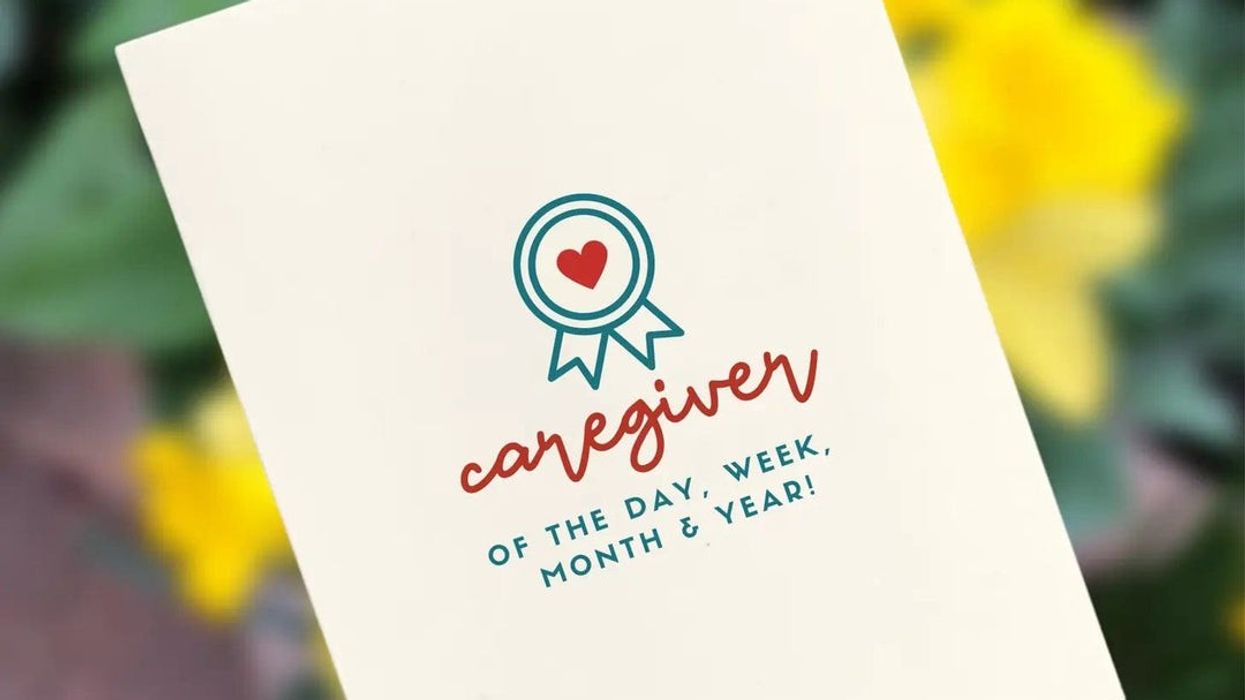The holiday season is a time of joy, celebration, and togetherness. However, it can also bring stress, loneliness, or a sense of disconnection for some. I personally rely on my dogs for support and comfort when things get tough. They give me love and cuddles when I need them most. For dog owners, the presence of their furry companions offers numerous physical, emotional, and social benefits that enhance the holiday experience.
1. Emotional Support and Stress Relief
Holidays can be hectic, with shopping, cooking, and hosting often creating a whirlwind of activity. Dogs have a proven ability to reduce stress and anxiety, thanks to their calming presence. A study published in Frontiers in Psychology found that interacting with dogs significantly lowers cortisol levels, the hormone associated with stress, and increases oxytocin, known as the "love hormone" that promotes feelings of happiness and connection .
When holiday challenges arise—such as navigating family dynamics or managing tight schedules—having a dog to cuddle or take on a leisurely walk can provide a much-needed mental health boost.
2. Combatting Loneliness
The holidays aren’t universally joyous; for some, they amplify feelings of loneliness. Dogs can fill this emotional gap by offering unconditional love and companionship. A study in BMC Public Health highlights how pet ownership is linked to reduced feelings of isolation, especially among people living alone .
Additionally, dogs encourage routines, such as daily walks and playtime, which can bring structure and purpose to days that might otherwise feel aimless during holiday downtime.
3. Encouraging Physical Activity
With rich holiday foods and sedentary habits often dominating the season, maintaining physical health can be challenging. Dogs encourage their owners to stay active through regular walks and play sessions. Physical activity not only keeps owners healthier but also boosts mood through the release of endorphins.
A survey by the American Heart Association reported that dog owners are 54% more likely to meet recommended exercise levels compared to those without pets . This can be especially helpful during the holidays, when overeating and inactivity are common pitfalls.
4. Enhancing Social Connections
Dogs are natural icebreakers and can help foster social interactions, whether through chance encounters at a dog park or organized community events like holiday pet parades. These interactions may alleviate social isolation and help forge new friendships during the festive season.
For families, dogs often serve as a unifying presence. Their antics and affection can lighten the mood and create shared moments of laughter and bonding, making holiday gatherings more enjoyable for everyone.
5. Teaching Mindfulness and Gratitude
Dogs live in the moment, and their joyful energy can inspire owners to embrace a similar mindset. During a season that can be fraught with commercialism and distractions, dogs remind us to appreciate simple joys—like a crisp winter walk, the warmth of home, or the pleasure of companionship.
Whether it’s their ability to lower stress, combat loneliness, or encourage healthier habits, dogs enrich the holiday season in countless ways. Their presence not only enhances individual well-being but also fosters stronger social connections and brings joy to family gatherings. For those fortunate enough to share their holidays with a canine companion, the benefits extend well beyond the festivities, proving that a dog truly is a holiday gift that keeps on giving.
References
- "The Effect of Pets on Human Stress Levels," Frontiers in Psychology.
- McConnell, A.R., et al. "Friends With Benefits: On the Positive Consequences of Pet Ownership," Journal of Personality and Social Psychology.
- "Social Isolation and Loneliness Among Older Adults," BMC Public Health.
- American Heart Association, "Dog Owners Are More Likely to Hit Fitness Goals," 2020.









 Karla Mingo believes that her greatest gift as a cancer survivor is the ability to live with gratitude and thankfulness.
Karla Mingo believes that her greatest gift as a cancer survivor is the ability to live with gratitude and thankfulness.





 Dr. Cary S. Kaufman teaches the "Essentials of Oncoplastic Surgery" course through the National Consortium of Breast Centers, providing breast surgeons around the world with advanced techniques for optimal breast surgery outcomes.
Dr. Cary S. Kaufman teaches the "Essentials of Oncoplastic Surgery" course through the National Consortium of Breast Centers, providing breast surgeons around the world with advanced techniques for optimal breast surgery outcomes.